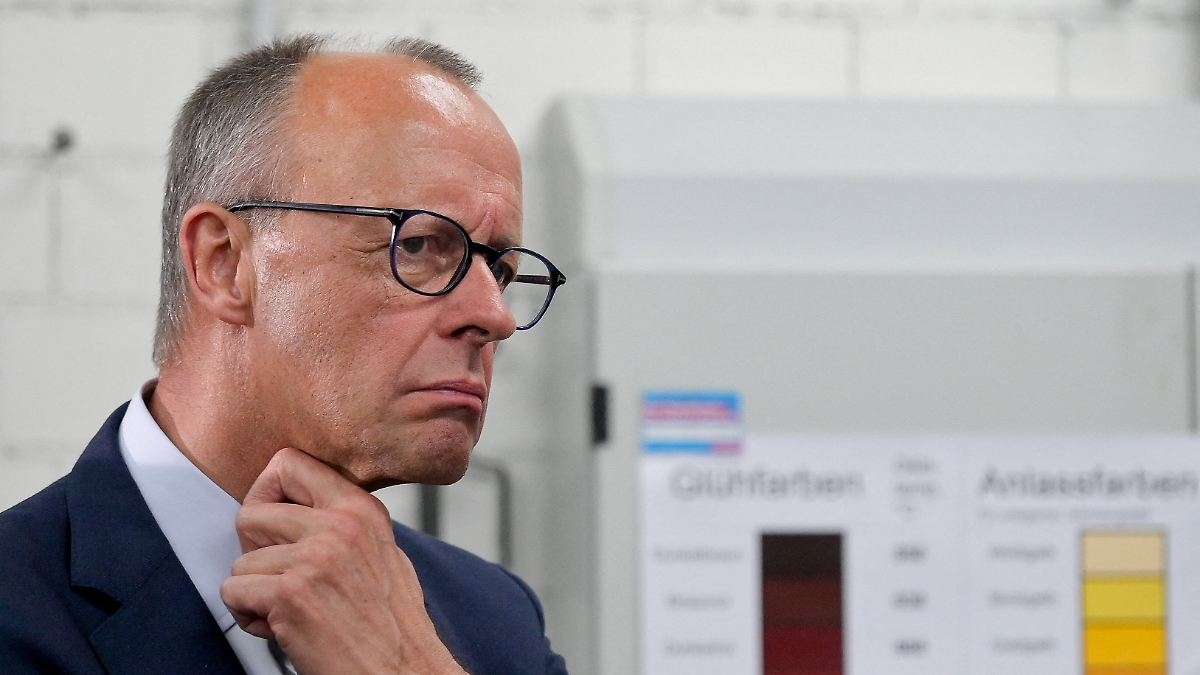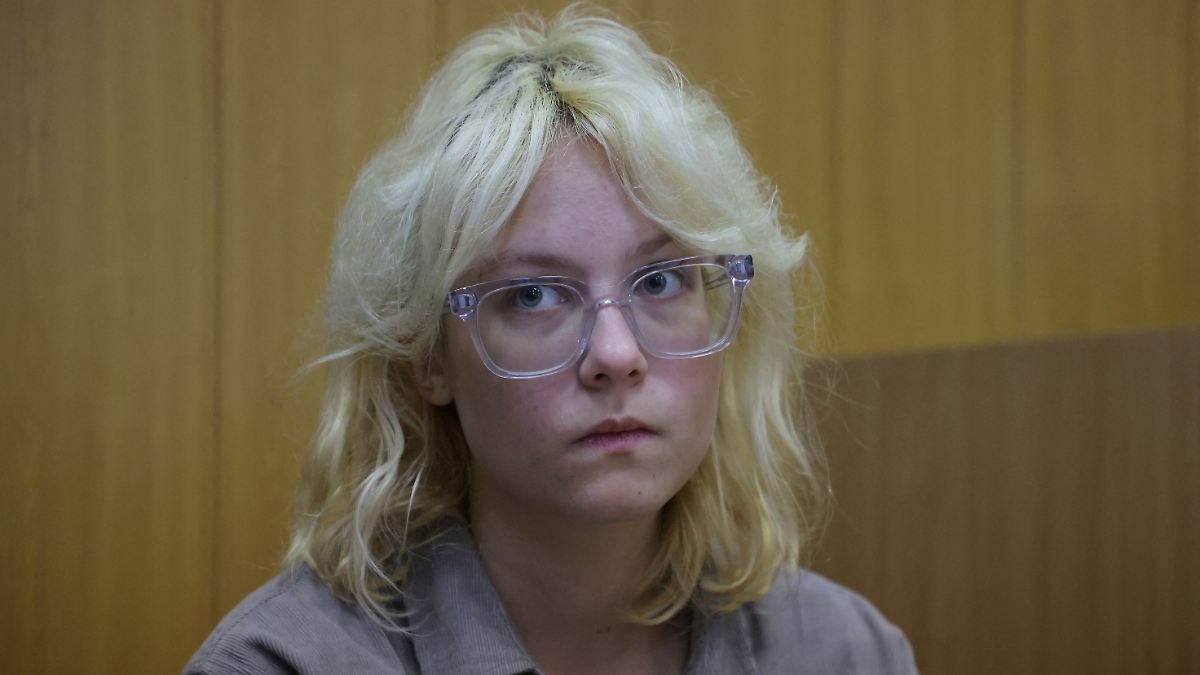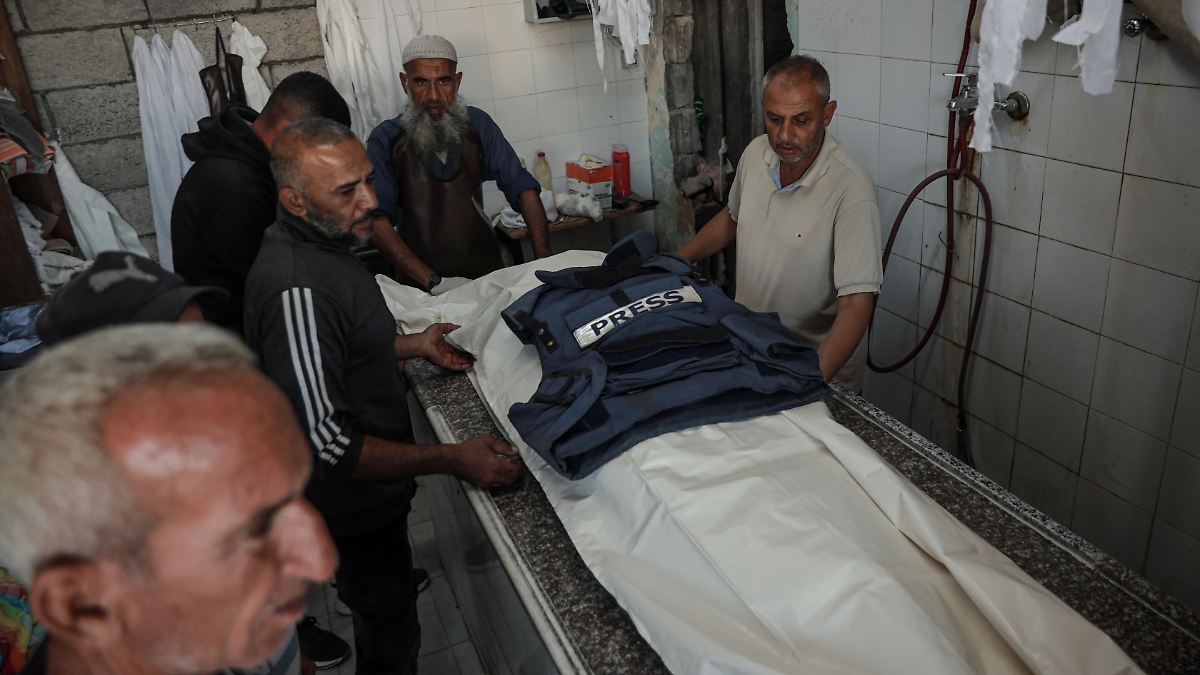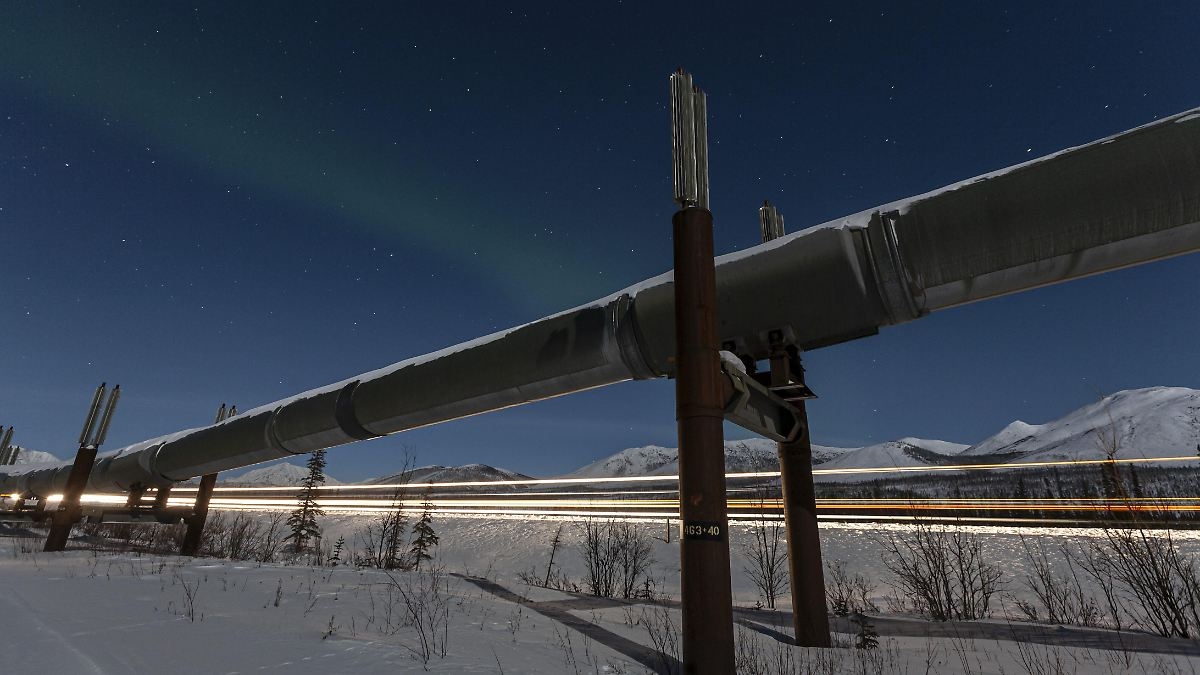An epitome of steadfastness: The right person has received this award

On October 19, historian Karl Schlögel was awarded the prestigious Peace Prize of the German Book Trade in Frankfurt's Paulskirche. His acceptance speech, titled "Learning from Ukraine. Behavioral Lessons of Resistance," provoked controversial reactions. We are addressing the debate in our "Pros and Cons" debate series. This section features a contribution from journalist and retired general Klaus Wittmann . You can read BLZ editor Thomas Fasbender 's statement on the topic here .
The fact that, after Anne Applebaum in 2024, Karl Schlögel, another committed advocate of military support for Ukraine, received the Peace Prize of the German Book Trade this year, prompted a newspaper to ask: "Can this bring about peace?" And during a debate in the Berliner Zeitung , a member of the European Parliament told me that the EU's encouragement of Ukraine to continue its perseverance was "aiding and abetting murder." He did not name the "murderer."
The equation of aggressor and victim in this war is widespread, even though the distribution of roles has rarely been as clear since 1945 as in Russia's offensive to subjugate its neighbor. While there is a widespread desire for the killing to stop, it must be clear that every death in this war is Putin's responsibility. If Russia stops shooting, the war will end; if Ukraine no longer defends itself, that will mean its own end.
Putin has shattered the European security order created in Helsinki in 1975 and reaffirmed in Paris in 1990: sovereign equality of European states, territorial integrity, inviolability of borders, and peaceful dispute settlement. If he gets away with this, Europe will give up. It has the economic power and the means to stop him and must finally muster the consistent political will to do so.
Putin will not stop in UkraineBecause Putin will not stop in Ukraine. His war is criminal both in its motive and aim ( ius ad bellum ) and in its means ( ius in bello ). And his hybrid war—with propaganda, disinformation, espionage, cyber warfare, sabotage, etc.—against the West, which it demonizes as hostile, is becoming increasingly intense.
For all those concerned about these developments and concerned about the fate of the invaded people, the selection of Karl Schlögel for the Peace Prize is a stroke of luck. He analyzes these developments with clarity; he has long warned against viewing Ukraine "only through Russian eyes," and he advocates consistent support for the brave Ukrainian people. This is done in the awareness that Putin's Russia is "determined to wipe the independent and free Ukraine off the map." In the face of the lack of success in its conquests, the population is being terrorized with increasingly brutal air strikes.
In addition to a shocking blindness to Putin's goals, many critics of military support for Ukraine display a shameful lack of empathy toward a people threatened with annihilation. "No word can compare to the images of destruction," begins a paragraph in Schlögel's acceptance speech, which should be read word for word. Putin's criminal warfare and his lies must be denounced far more forcefully and relentlessly. There are no "legitimate" goals for the invaders, and there is no justification whatsoever for this war of aggression. The motives claimed by the Kremlin as the "root causes" of the conflict (the Nazi regime in Kyiv, the genocide of Russians, NATO expansion in violation of alleged "commitments") are propaganda.
Schlögel cites imperialism, revisionism, fascism, and other names for "the disaster that Putin's Russia has brought upon Ukraine." In his "search for a deeper meaning in Putin's policies," he cites "fears of encirclement, the need for security, the struggle for recognition"—in other words, more political-psychological sensitivities than real security "interests." A thirst for revenge is part of this, and Putin is primarily driven by a deep fear of his people being infected with the "democratic virus."
He thus acts out of fear and simultaneously with fear. Because, in the words of the award winner, "fear (...) is his most important weapon." The fact that he is particularly adept at playing on the fears of the Germans has contributed to the hesitancy regarding German arms deliveries to Ukraine. Especially since Putin has lied about his war against Ukraine, claiming it was a "continuation of the Great Patriotic War against fascism."
Putin's aims toward the West were announced in ultimatums to NATO and the United States in December 2021. They would mean Russian hegemony and a revival of the Brezhnev Doctrine (limited sovereignty of satellite states).
Self-deception about Russia's invincibilityJust as some contemporaries shudder at the word “militariness” (which refers to the ability to credibly deter any kind of attack and thus prevent war), they focus on the final sentence of Schlögel’s acceptance speech: “We Europeans can learn (…) from Ukraine, it means being fearless and brave, and perhaps even learning to win.”
The astonishment at this reflects self-deception about Russia's "invincibility." However, this aura has vanished with the failure of Putin's original war aims—and even more so since the Ukrainian Kursk Offensive and the completely helpless reaction to this first military occupation of Russian soil since 1945.
Victory over Russia in this war doesn't mean its destruction or occupation, but simply the forced withdrawal of the invaders. That's still conceivable, but it depends on us. The war isn't yet lost for Ukraine, as Russian propaganda would have us believe. Let's not fall for it!
Putin's willingness for a ceasefire, let alone peace, is discernible. For him, diplomacy is a means of waging war and gaining time, while he only feigns a willingness to negotiate and fools President Trump. The conditions he sets for a ceasefire mean Ukraine's capitulation: neutrality, the surrender of Crimea and the four already "annexed" (but only partially occupied) oblasts, "denazification" (i.e., the establishment of a puppet regime), and demilitarization. Karl Schlögel opposes all of this.
Almost panicky Russian reactionThose in the West who condescendingly proclaim that Ukraine will not survive without "territorial cessions" fail to recognize that the territories to be "ceded" are not abstract tracts of land, but the homeland of millions of Ukrainians who are experiencing the most brutal Russification under Russian occupation. It is pure illusion to recognize the "new territorial realities" now only de facto , not de jure , and to try to regulate their status later.
And the alternative recently proposed by one author, "statecraft instead of missiles," is completely false. What kind of "statecraft" should one employ against the obsessive and intransigent Russian despot, who constantly reaffirms his destructive, maximum goals? But the almost panicky Russian reaction to the American suggestion of a possible transfer of the Tomahawk cruise missile to Ukraine is very revealing. Had Trump not allowed himself to be manipulated by Putin again during the phone call, that might have been enough to force him to the negotiating table. So, "diplomacy and weapons"—aware of the role diplomacy plays in the hands of this wily KGB man.
Beyond the war in Ukraine, Schlögel also offers insightful assessments of the changes in the world order – which Putin and Xi Jinping want to reshape, but not in a liberal sense – and of the dangers that threaten Europe should Putin win in Ukraine or even achieve a shaky peace and finally expel the USA from Europe.
Security from rather than with RussiaThe author of this text has spent many years working to establish cooperative security between NATO and Russia. Putin is to blame for the renewed emphasis on security against , rather than with , Russia.
Schlögel's laudatory speaker, Katja Petrowskaja, quoted him from 2015: The attack (...) "is not only aimed at Ukraine. What is at stake there is Europe, the West (...), a way of life that Putin and his ilk perceive as a threat."
She called him the "epitome of steadfastness." Many should take his example. The right person has received this prestigious award.
Berliner-zeitung





